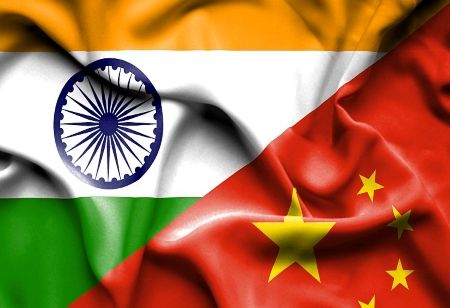
Chinese electric vehicle (EV) manufacturer BYD has decided to adopt an "import-only strategy" for the Indian market, following the Indian government's rejection of its $1-billion investment proposal to establish a car manufacturing plant. Under India’s new EV policy, BYD will continue importing its vehicles rather than setting up a factory locally.
Rajeev Chauhan, head of BYD's electric passenger vehicle business in India, announced this strategic shift while introducing the company's new multipurpose vehicle, the eMAX 7, priced between Rs 26.9 lakh and Rs 29.9 lakh (ex-showroom). Despite hefty customs duties, BYD aims to sell 3,500 units this year, reflecting a 40% increase from the previous year’s sales of 2,500 units.
Currently, BYD imports three models from China and believes this strategy is sufficient for the short term. However, Chauhan hinted at possible future investments in India, stating the company is open to expansion opportunities if conditions improve.
Although import-only operations result in higher vehicle prices, BYD's strong supply chain has helped manage costs. Chauhan acknowledged that local manufacturing would have reduced prices but emphasized that the company has positioned its vehicles competitively despite the import model.
Speculation also suggests that BYD is in discussions with Indian corporate houses for potential partnerships, similar to MG Motor's alliance with JSW Group, though no confirmation has been made.
We use cookies to ensure you get the best experience on our website. Read more...